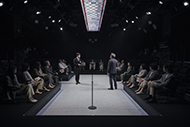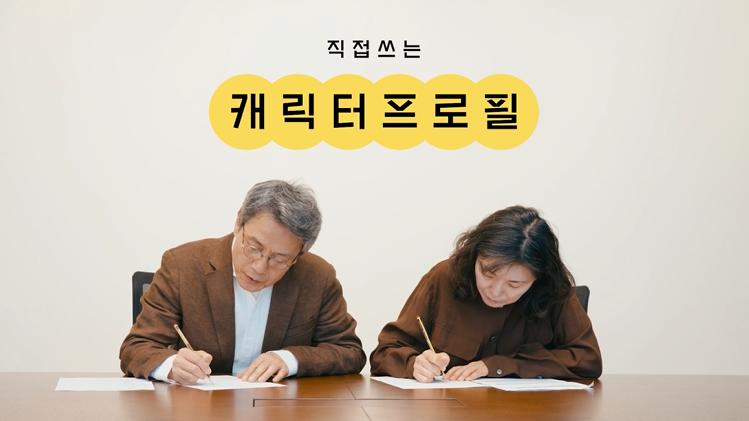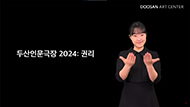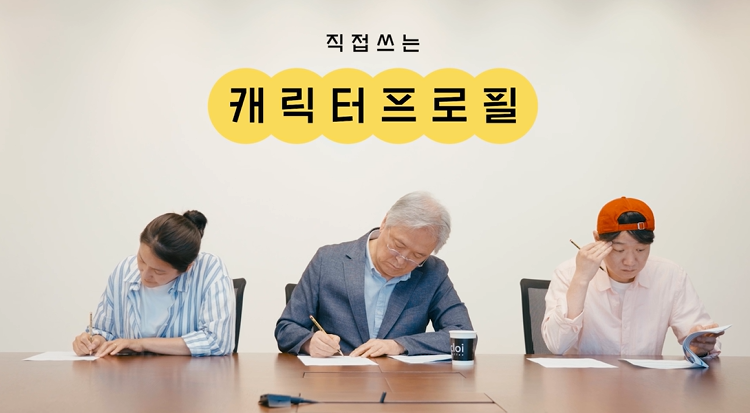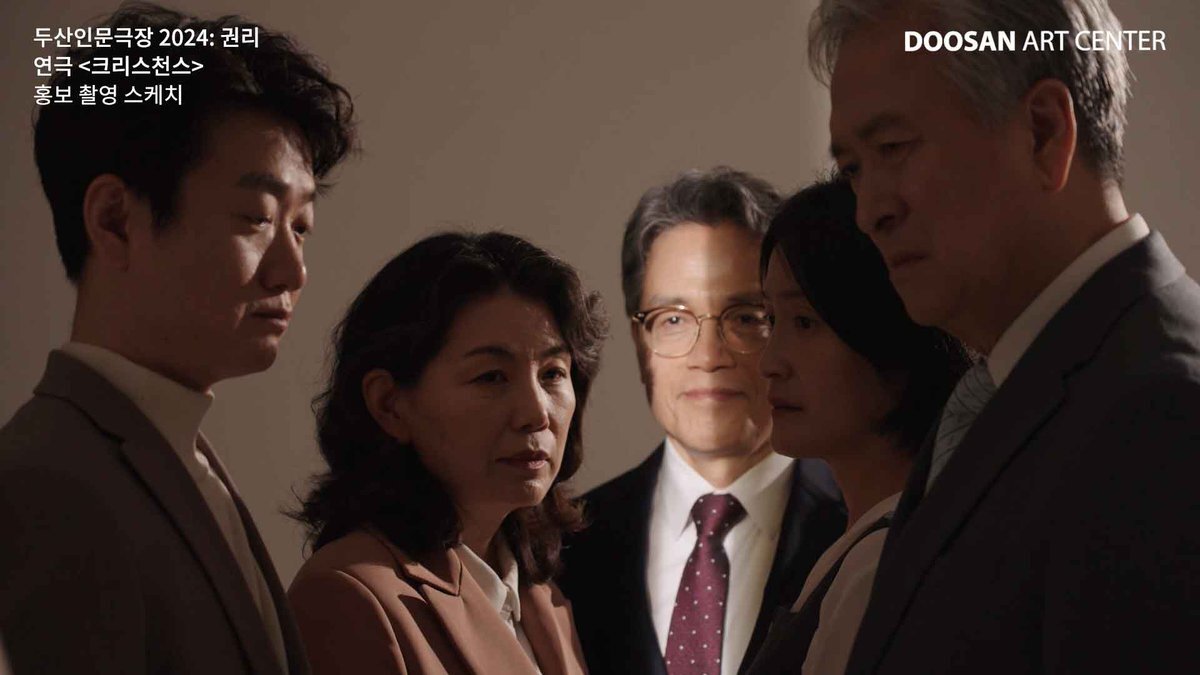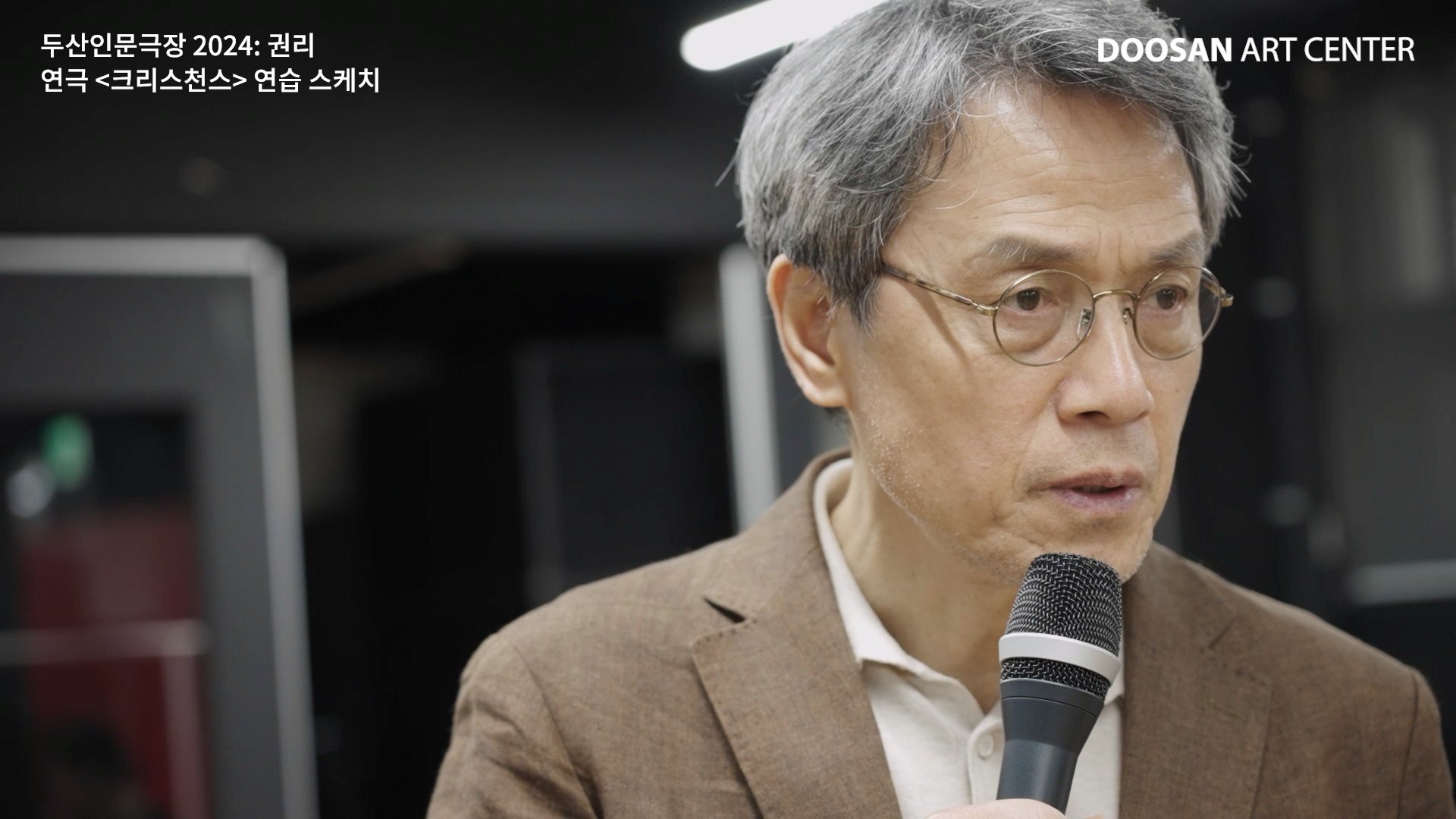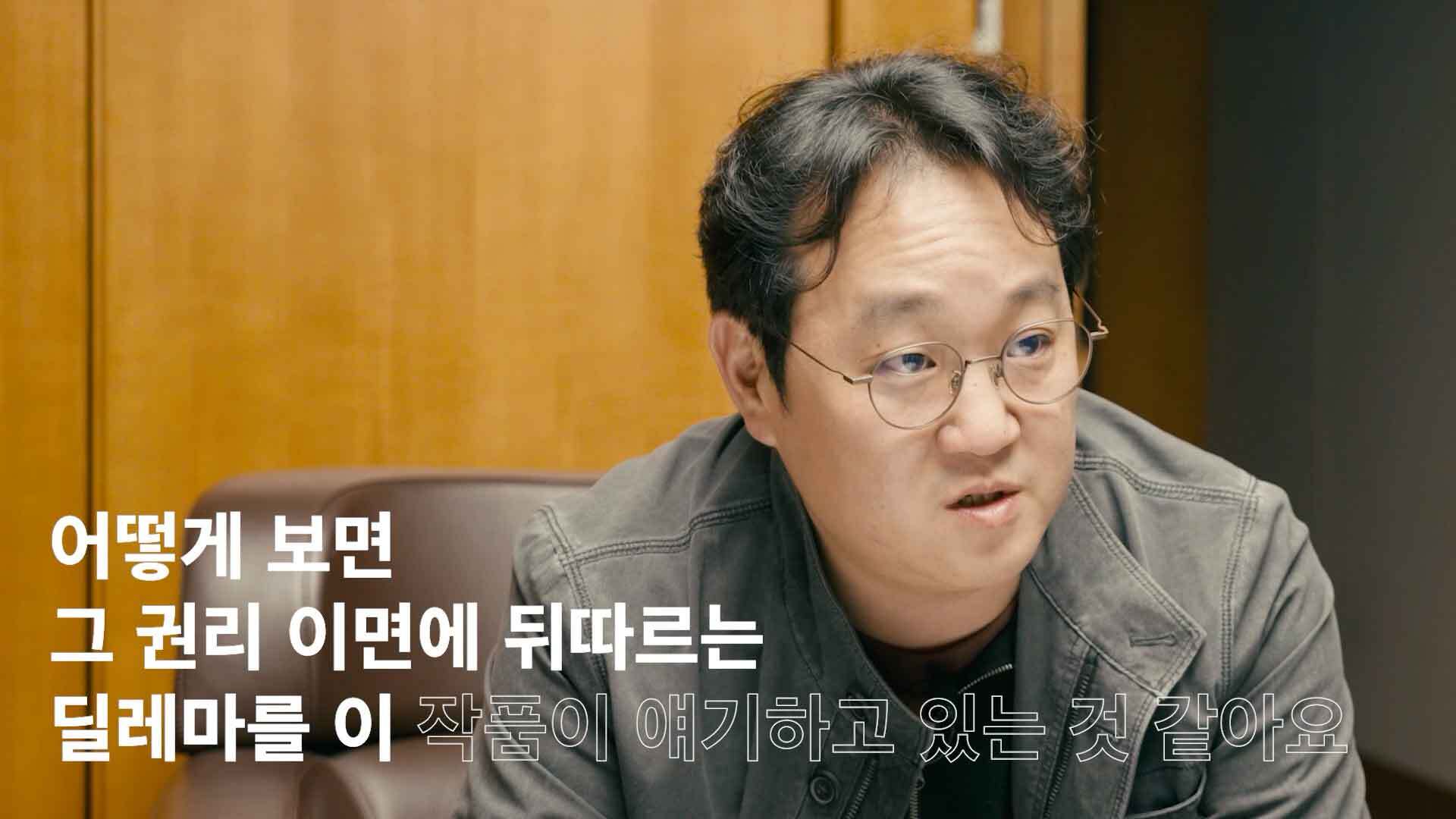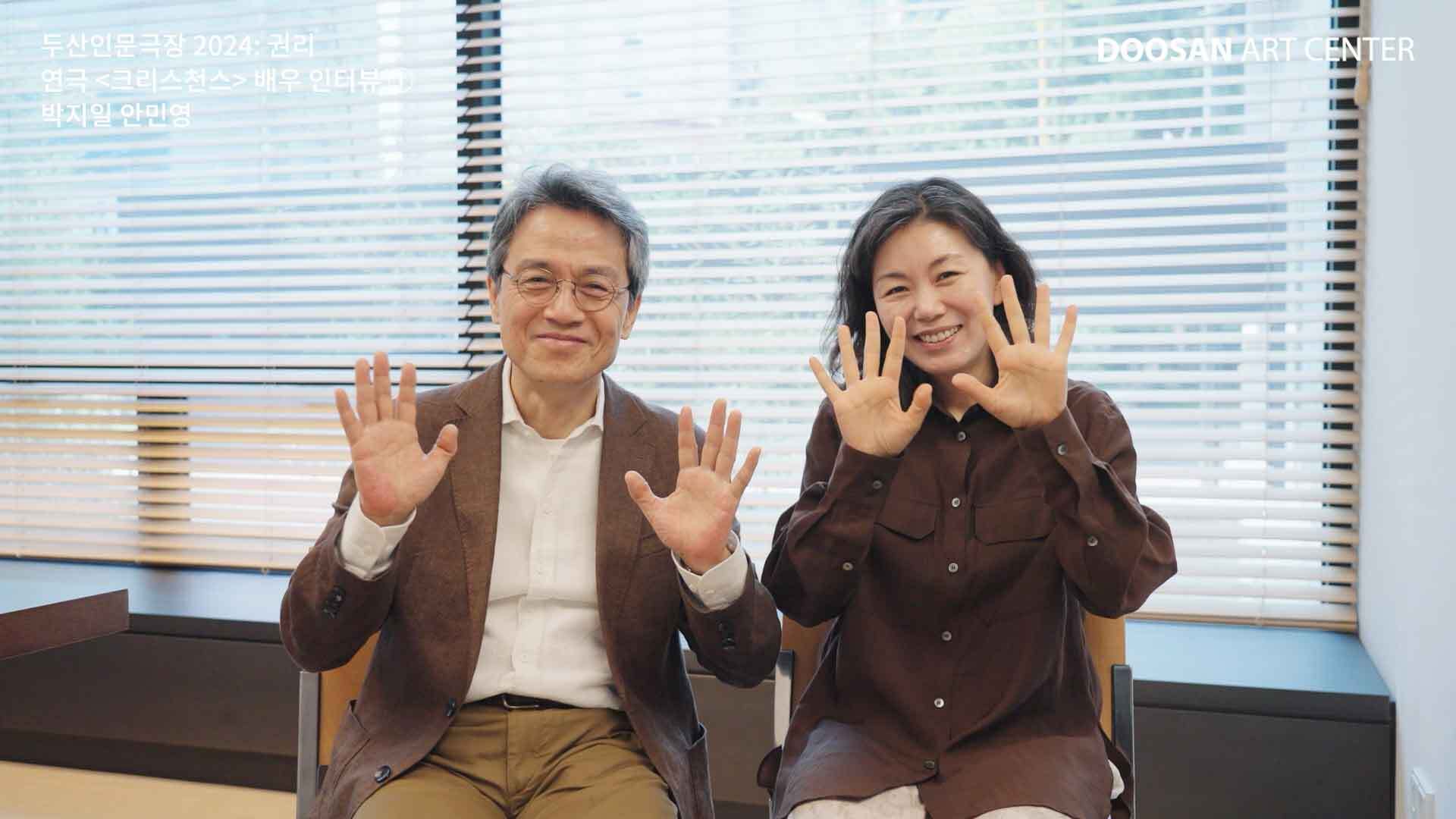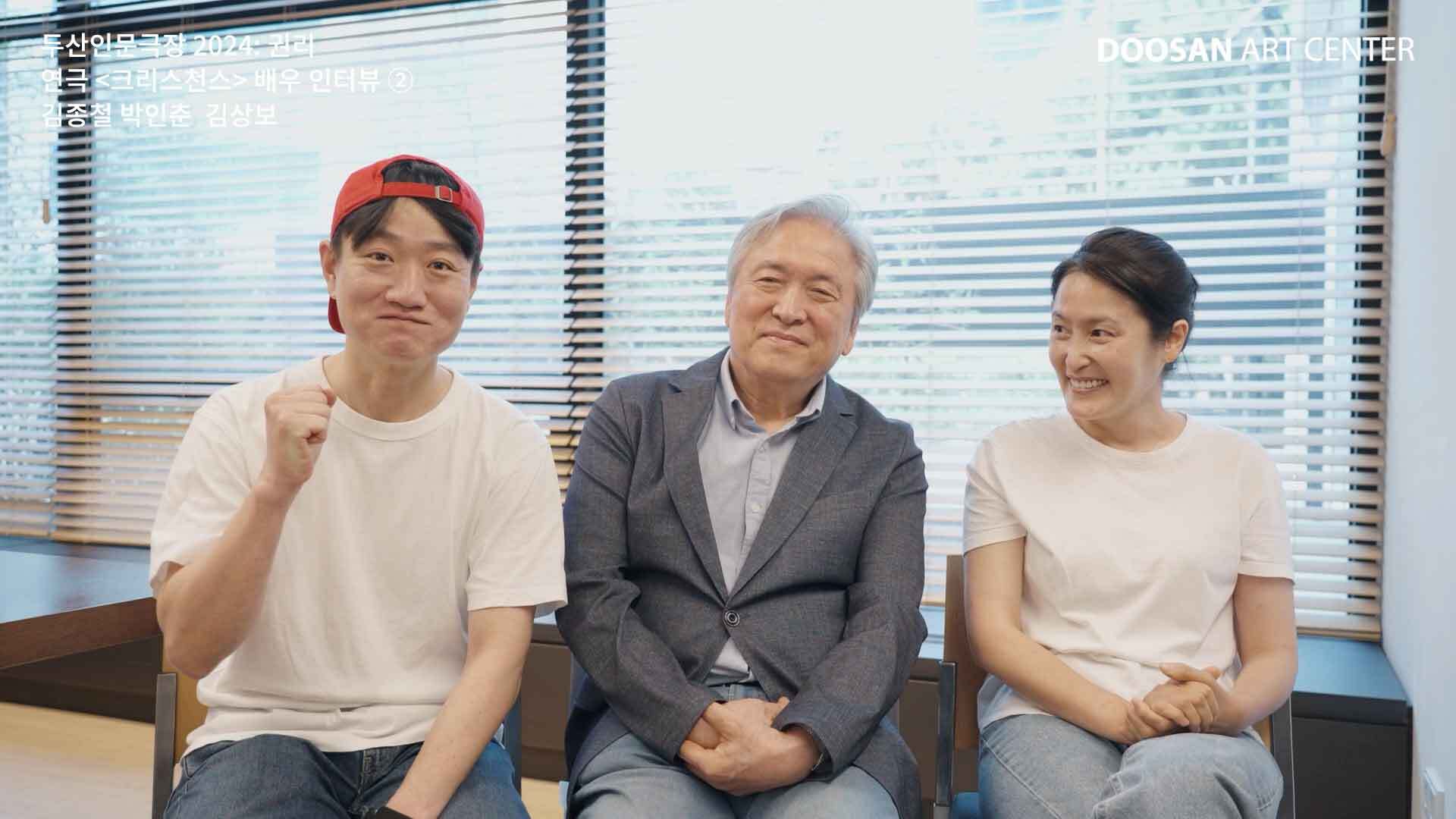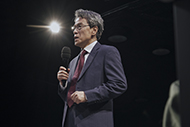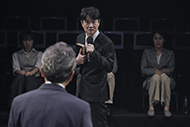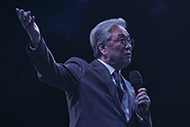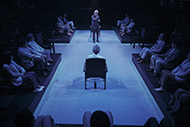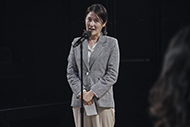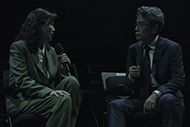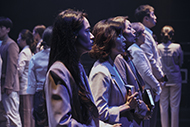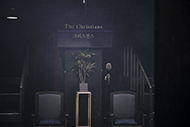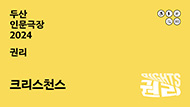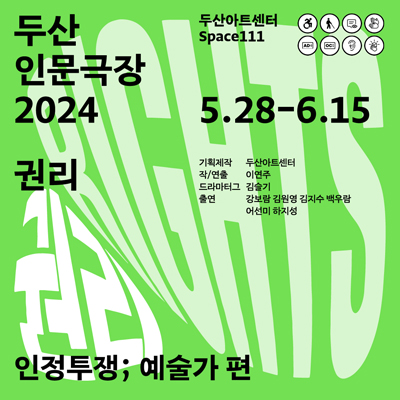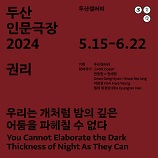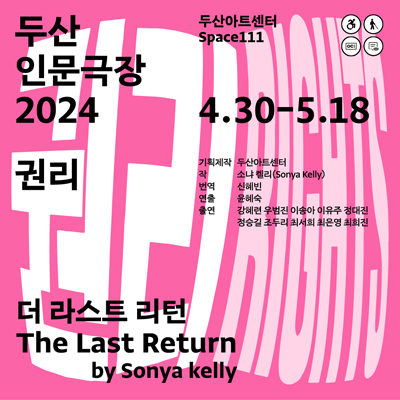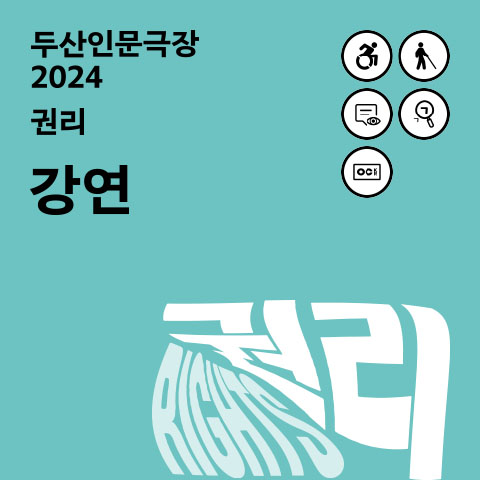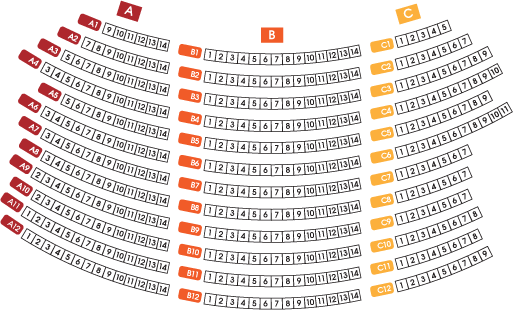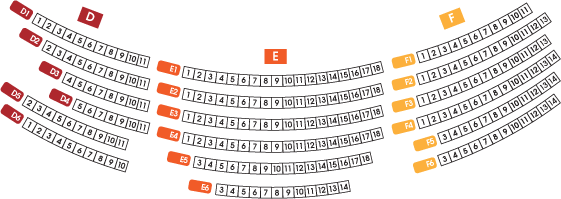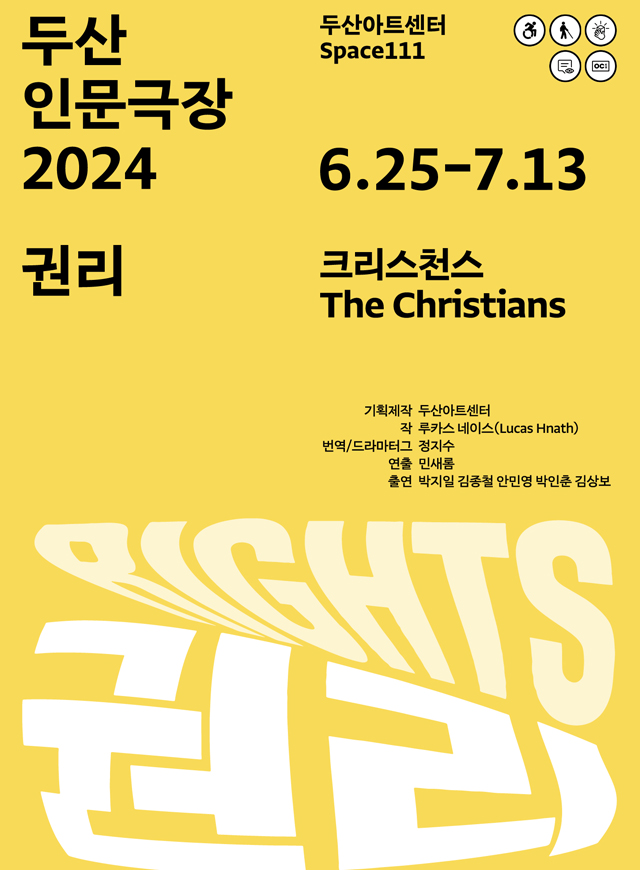
The Christians
DOOSAN Humanities Theater 2024: Rights
Jun.25.2024 ~ Jul.13.2024Space11135,000won
Over 13 age
115min
*Artist Talk – 6.30(Sun), 7.7(Sun) after the performance
- ProgramDOOSAN Humanities Theater
DOOSAN Humanities Theater 2024: Rights
DOOSAN Humanities Theater brings together sociological, humanities and artistic imagination on humans and society. Each year, a theme is selected to be discussed in a variety of ways, including performances, exhibitions, lectures, and artist talks.
Past subjects include ‘Big History’, ‘The Age of Distrust’, ‘Exception, Mutation, or Abnormality on the Borders’, ‘New Imagination on the Extended Territory’, ‘Conflict’, ‘Altruist’, ‘Apartment Nation’, ‘FOOD’, ‘Fairness’, ‘Age’. The theme for 2024 is “Rights”.
Rights
“As to exposing or rearing the children born, let there be a law that no deformed child shall be reared.”
- Aristotle, Politics
The general premise regarding human rights is that they are "attached" or "inherent" to us from birth. Even a child with anencephaly should not be subjected to murder or abuse. We abhor the idea that a child could be born into slavery before being able to determine their own destiny. But the concept of "rights," as obvious as it seems, is not an ancient one. Where did rights come from?
Did humans and other beings originally possess rights or receive them from another subject? If rights could be traded or transferred, are there any reasons that prevent the transfer of rights to non-human beings, such as animals, robots, and rocks?
In reality, history has generally moved in the direction of people without rights coming to possess rights. In ancient Greece, those who possessed rights were male citizens. Over time, enslaved people gained freedom and women recovered their rights. Time tends to flow in a way that respects the rights of the minority. The number of people with rights is ever increasing, but the desires of these people are also accelerating the end of the Earth’s time.
Ironically, it is the collective desires of humans who have regained their “rights” that are tilting the climate off its axis and triggering changes. Purely asserting the rights of humans has generated a sense of crisis about the potential extinction of humanity, raising questions about whether entities other than humans have any rights at all. There is a growing recognition that the rights of animals, plants, and artificial creations and objects must first be considered before humans take action.
Rights are often the product of struggle. The expansion of rights is a process of sharing, which inevitably triggers conflict. However, the conclusion must always be harmony and peace. Humans engage in complicated fights to expand these rights to non-human entities; an expansion that must take place because it is the only way for humans with rights to live with each other. The reason humans must focus on the non-human in the Anthropocene is that humans can only save the Earth when they share their rights.
The Christians
The Christians is based on conflicts surrounding religious beliefs. It deals with the intense debates about various beliefs that, though not visible or provable, form the basis of our lives. The play employs a unique, dramatic language to depict the controversy triggered by a pastor of a major church in America who delivered a sermon about his religious awakening.
In Korea, freedom of conscience and religion is guaranteed by Article 19 and 20 of the Constitution. The Christians illustrates the right to believe in faith of one’s choice and “the right to express different opinions” through one person’s dogma. It questions the clash of rights and dilemmas that create fractures between belief and community in modern society.
*Director Saerom Min was selected as the partner artist as part of Arts Council Korea’s 2018 ARKO Partner BEST & FIRST program. The play premiered at Daehakro Arts Theater on September 27, 2018.

